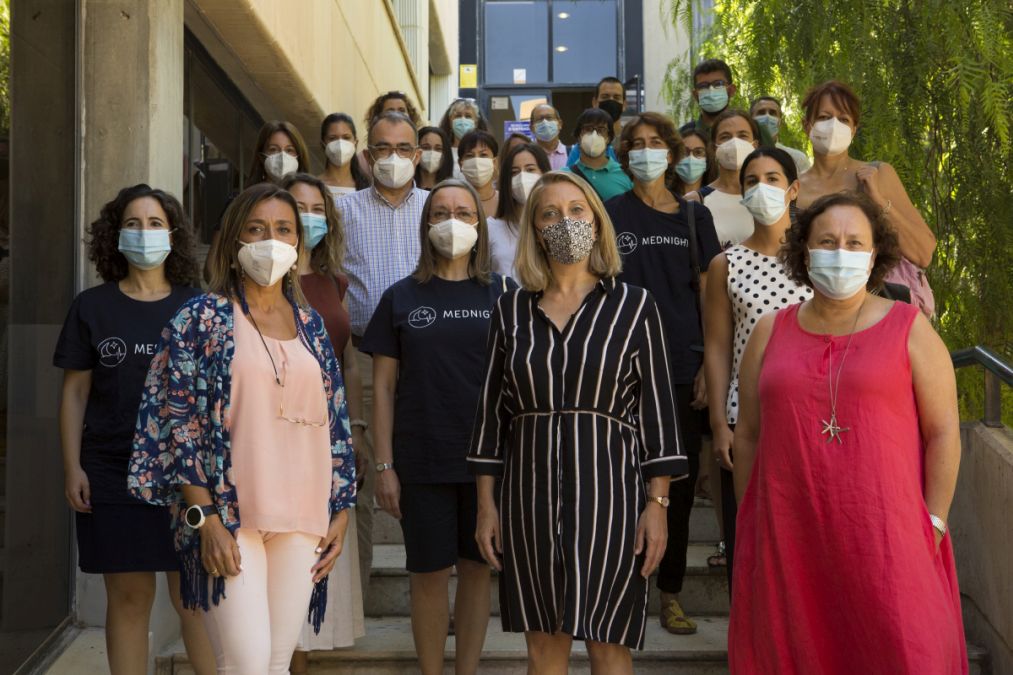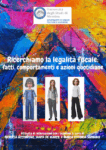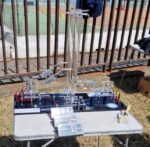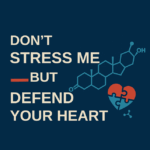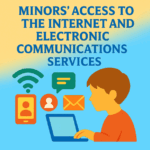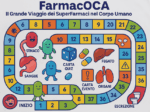The Mediterranean Researchers’ Night returns to the University of Alicante (UA). Vice President for Knowledge Transfer, Innovation and Dissemination María Jesús Pastor presented the activity and its programme at a press conference held today on the campus of San Vicente del Raspeig. Pastor was accompanied by director of the Communication Office María Martín.
On Friday 24 September, MEDNIGHT will be held for the second time, a joint action with Science as a common flag where Universities and research centres from Greece, Cyprus, the regions of Valencia and Murcia will participate. MEDNIGHT is held within the framework of the European Researchers’ Night, a scientific dissemination project promoted and funded by the European Commission as part of the Marie Sklodowska-Curie actions (grant agreement no. 101036107) of the Horizon 2020 programme.
This year, in addition to the in-person activities, with limited capacity due to the Covid-19 pandemic, there will be an extensive virtual programme. To this end, UA lecturers and researchers have designed more than 40 activities that will take place from Monday 20 to 24 September in different modalities and productions, both at the university and outside. Researchers from all the UA centres and areas are taking part in the activities. According to the Vice President, this means additional work, yet the response from the researchers has been splendid, a dedication that she thanked both the research staff and the administrative and service staff involved. The Vice President also expressed her joy at being able to carry out this initiative, as she wanted to place special emphasis on young people and new generations to bring them knowledge through science.
Online programme
A comprehensive programme especially aimed at secondary schools, consisting of more than twenty videos that will be broadcast from Monday 20 to Friday 24 September in the morning, from 9:00 am, through the UA YouTube channel, and will include activities such as scientific experiments and demonstrations, talks, information pills, workshops and much more. After the broadcast, all the material will be available on the UA YouTube channel for the general public.
From 20 to 24 September, the following free-access virtual games will be offered for all audiences in the afternoon: “Mathland. The rescue of the icosahedral talisman (mathematical escape room)” and “I spy with my little eyes”. In addition, online competitions with prior registration ““Artropomón. Survival. I choose you!”, to be held on Tuesday 21 September at 5 p.m.; “Fish-experts: a competition to learn about the origin of fish”, on Wednesday 22 September from 5 p.m.; and “Discover spermatozoa by participating in our lab escap room”, a competition scheduled for Thursday 23 September at 6 p.m., all of them for young people over the age of 14.
On the same Thursday 23 September, from 7 p.m. onwards, UA researchers will be carrying out a remote astronomical observation from Busot, “On the hunt for asteroids”.
Exhibition
From 23 September, at the University of Alicante Faculty of Arts, an exhibition on climate and biodiversity can be visited. It aims to show some of the atmospheric phenomena that are occurring as a result of climate change, as well as a sample of the variety of insects and plants that we can still enjoy, and that it is so necessary to preserve to enjoy a healthy environment.
European Researchers’ Night activities
On 24 September 2021, the official day of the European Researchers’ Night, the UA will offer different face-to-face and virtual activities aimed at children, young people and adults in several venues of the Alicante province.
The first action takes place at 11 am and is a webinar on digital and traditional dissemination for the defence of the Valencia region cultural heritage, with new:presentation and techniques, meeting with communicators, Youtubers and cultural heritage professionals to talk about the need to disseminate heritage in the Valencia region. A Robotic escape room online for ages 9 to 14 years will be available from 5 pm; and a presentation of astronomy workshops of the Mediterranean moon at 6.30 hours, broadcast live from the UA campus.
Outside the university campus of San Vicente del Raspeig, in the morning session, there will be an open day at the Santa Pola Marine Research Centre (CIMAR), in person with prior registration; and a guided tour around Les Torretes Biological Station Botanical Garden, in Ibi, (Get to know the evolution and use of plants at Torretes Botanical Garden) for secondary school students from Ibi. In the afternoon, a Geological Route through Alicante, in collaboration with the Alicante City Council Culture Department, also in classroom format with prior registration.
In addition, two lectures will take place at the Alicante City UA Venue: one lecture on Valencian Women Sociologists at 6pm, limited to the room capacity and broadcast live by videostreaming and a lecture on local cooks and the role of women in the culinary and gastronomic heritage, at 7:30pm.
Outside the UA spaces, in the Biblioteca de los Libros Felices, located in the Notary Association of Valencia – the Alicante venue in calle Bailén, a workshop (Doubting is thinking) will be held in person with prior registration from 6pm for students from 12 to 16 years old.
All the activities are aimed at secondary school students, university students and the general public and are intended to promote scientific vocations.
It is a commitment to bring science closer to society, especially to children and young people, with the aim of promoting scientific and technological vocations, as reported by UA Vice President for Knowledge Transfer, Innovation and Dissemination María Jesús Pastor.
These activities are of particular interest to both future university students and faculty, as they will be available to schools and institutes to be worked on in the classroom before, during and after 24 September 2021, the official date of the European Research Night. According to the Vice President, the effort and commitment that our teaching and research staff, students and administrative and service staff carry out every year to show the whole society part of the work they do every day in the classrooms, offices and laboratories is remarkable.
The face-to-face activities will be subject to prior registration and will be carried out in small groups in accordance with the health measures set for 24 September 2021.
European Women Researchers’ Night
The Mediterranean Women Researchers’ Night, MEDNIGHT 2021 is a project conceived under the umbrella of the European Researchers’ Night. The aim is to show the public the relevance of science and research carried out in Mediterranean countries – with emphasis on the role of women in this field – and which seeks to address the problems shared by Mediterranean society.
The MEDNIGHT project brings together a consortium of 13 institutions: University of Alicante (UA); Foundation for the Promotion of Health and Biomedical Research of the Valencia Region (FISABIO); University Jaume I (UJI); University of València (UV); Foundation for Research at the Valencia Region Clinical Hospital (INCLIVA); State Agency of the Higher Council for Scientific Research (CSIC); University of Murcia (UMU); Educational and Interactive Foundation-Museum for Sciences Vega Baja del Segura in the Valencia Region (MUDIC); Cartagena School of Technology (UPCT); SÉNECA Foundation- Science and Technology Agency in Murcia; SciCo Greece; SciCo Cyprus, and the firm El Caleidoscopio, coordinator of the project.
The activities, organised by the UA within the framework of MEDNIGHT 2021, are also supported by the Foundation for Science and Technology (FECYT)) of the Spanish Ministry of Science, Innovation and Universities, through UA Divulga, UA’s Scientific Culture and Innovation Unit (UCC+i).
Background
Since 2018, the UA participates in the actions related to the European Researchers’ Night through UA Divulga, Scientific Culture and Innovation Unit (UCC+i). This project, allocated to the Office of the Vice Presidnet for Knowledge Transfer, Innovation and Dissemination and the Communication Unit, is supported by the Spanish Foundation for Science and Technology (FECYT) of the Ministry of Science, Innovation and Universities.
In previous face-to-face editions, the event achieved a successful participation of around 5,000 people of all ages. In a random survey carried out among those attending the event in 2019, the average evaluation of this action was 9.05 out of 10. In its 2020 edition, also held online due to Covid-19, the number of views exceeded 10,000.
Fuente: www.ua.es

